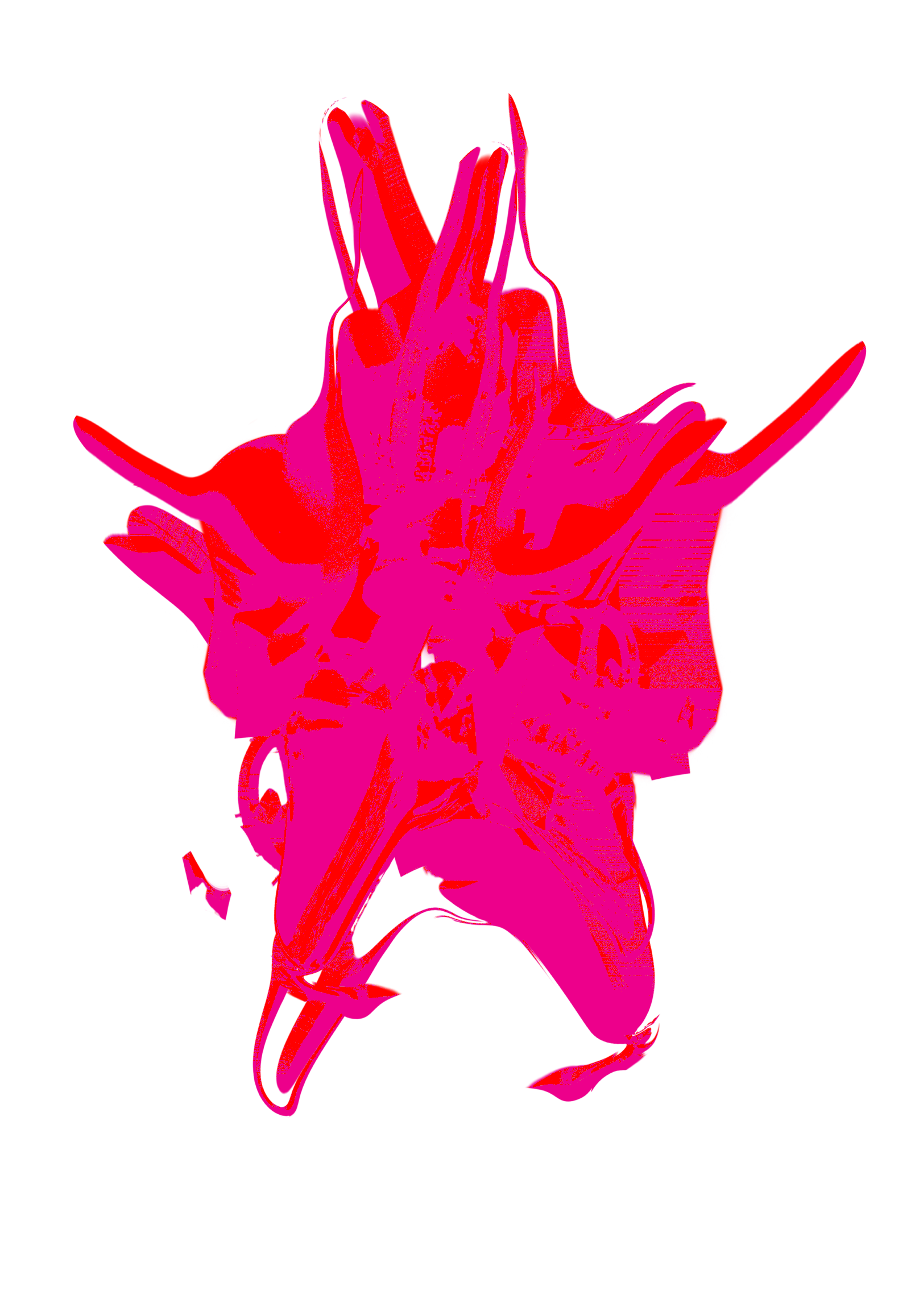
manifesto
VRŠLJIVSKOST (AGENCY)
*
In the pursuit of radical change, the act of performing political economic alternatives becomes indispensable, a catalyst for transformation or an instrument to navigate the daunting complexities ahead. Prefiguration manifests itself both in on-the-ground experimentation with alternatives and, intriguingly, within the realm of fiction. Let’s explore collaborative fiction. Herein lies its strength—a collectively created and embodied experience, a means to circumvent the countless barriers in the way. Through iterative and reflexive experimentation, engagement with contextual eutopian proposals becomes possible, carving a path towards alternative futures. Yet if such a practice were likely or commonplace, would we not be living in a kind of utopia already? The landscape of participation, participatory design, and related concepts has evolved into a terrain with diverse interpretations, often co-opted to serve the interests of capital and those in power. Thus, the adoption of normativity, embedded within the struggle, proves essential when articulating and enacting alternatives. However, amidst the quest for alternatives, a critical question arises: who holds the agency to craft futures? The complications of public participation are evident, intertwined with the harsh realities of everyday capitalism. The normalized and internalized brutality of this existence, rife with anxieties about personal livelihood and the well-being of loved ones, friends, the planet, adds another layer of complexity.
 English
English